Check out ‘The Changing Room’ – order our first poetry book
Worldwide Roar is now BAREFOOT MAN! Learn more
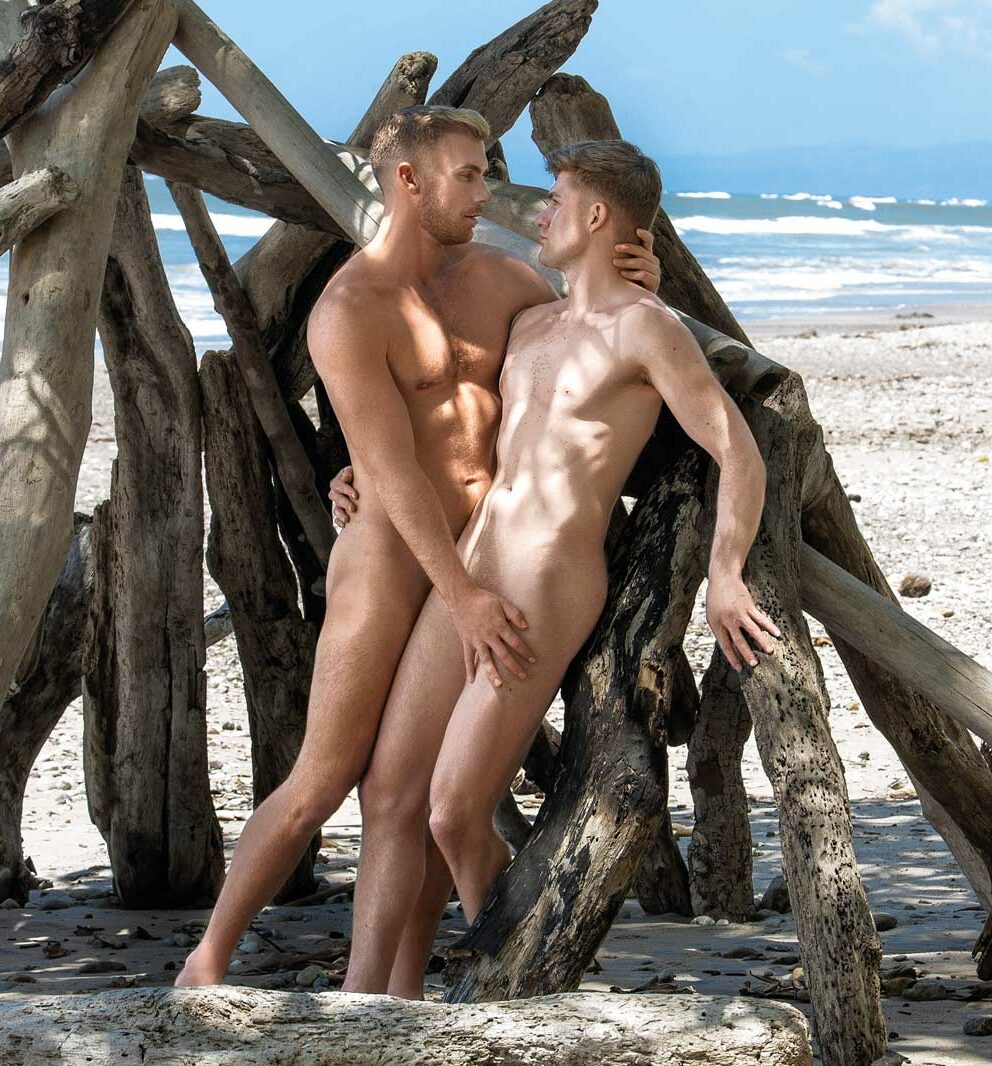
Stay up to date with our latest news, competitions and offers. We look forward to staying in touch.
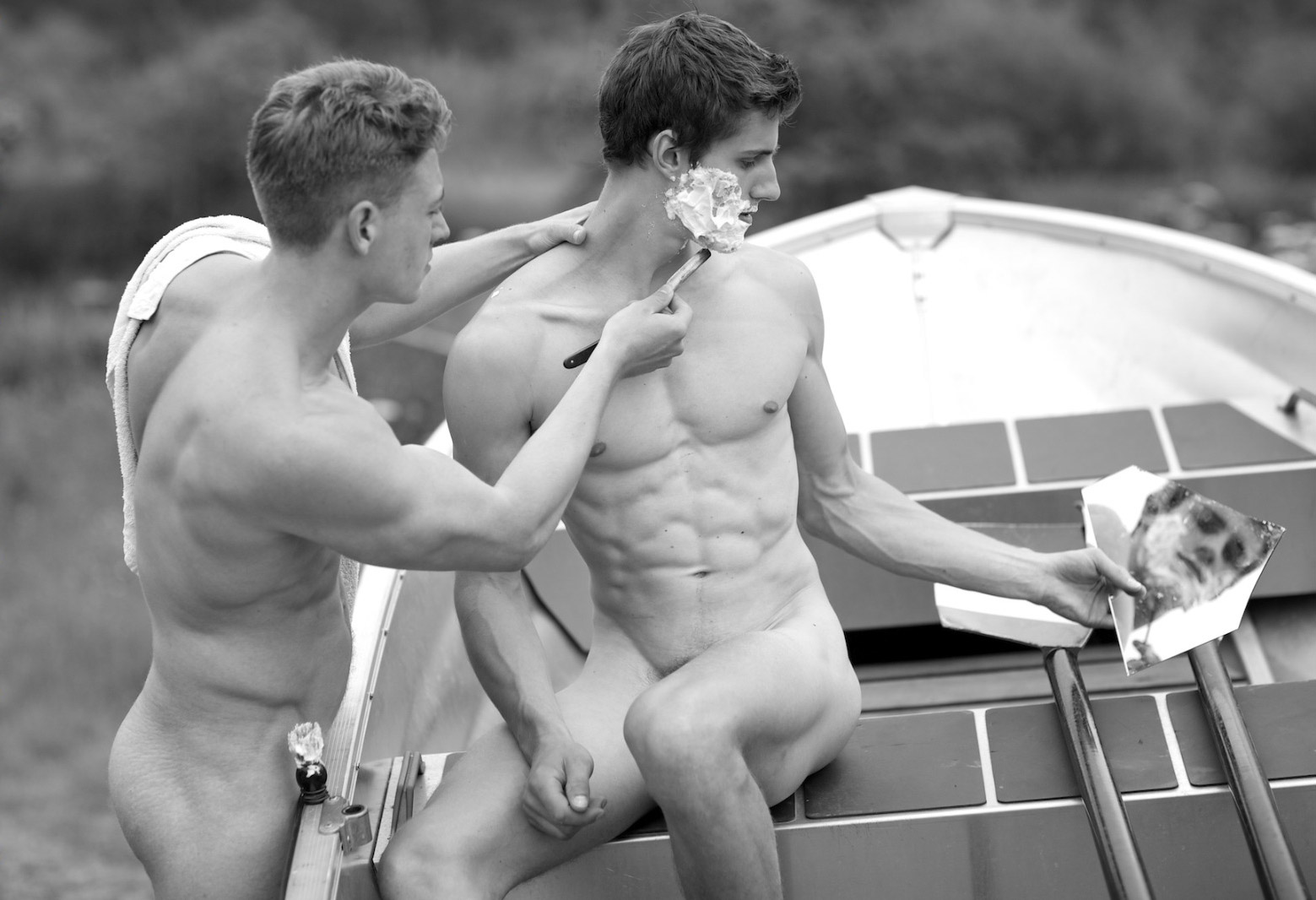
28.09.21
An earlier version of the following blog by our photographer, Angus Malcolm, was originally commissioned and published by the #yesallmen twitter campaign, a movement that grew out of the horrifying murder of Sarah Everard in London in March 2020. The #yesallmen project brings together men who want to play a part in ending male violence. You can find out more about the campaign and read blogs by other authors here:https://yesallmen2021.blogspot.com
Do you remember that controversial Gillette commercial “We Believe: The Best Men Can Be” from early 2019? Like everything else pre-Covid, it seems like a lifetime ago, so here’s a quick recap. Over the course of two minutes, the ad invites men to own their responsibility and take a lead in ending homophobia, misogyny, and, most relevantly for our campaign, the objectification and physical abuse of women. Its message bears many similarities to the one that #yesallmenis seeking to share now.
Within 48 hours of launching, the commercial had over two million views on YouTube and 23k likes. I was one of those likes – and I didn’t just like it, I loved it! I saw the possibility that #MeToo might have started a new, unstoppable momentum in the struggle against hegemonic masculinity.
The production team made effective use of news clippings, found footage and scripted performance to create a highly polished film that condemns hypermasculinity, patriarchal entitlement, heterosexism and the sexual objectification of women. It proposes that men “…need to hold other men accountable” and “…to say the right thing, act the right way”. Towards the end, a voiceover acknowledges that “some men” are already doing this but finishes with a challenge: “some is not enough, because the boys watching today will be the men of tomorrow”.
As an LGBTQI man who had been at the sharp end of some of the behaviour Gillette was calling out, this ad was a breath of fresh air. As someone with a professional perspective on healthier masculinity and a background in health promotion, most recently at the Worldwide Roar, I saw this as a milestone in meaningful corporate responsibility. We were witnessing nothing less than a watershed moment in the history of advertising!
The 23k YouTube likes were outnumbered ten to one with over 214k thumbs down, and Gillette were quickly obliged to turn off comments in response to a tsunami of abuse. The polite comments denounced the company as man haters – traitors who had insulted and abandoned their own customers. Others were not so kind.
When I went back to review the response to the ad for this blog, I discovered a video launched two days later by Egard, a relatively unknown company that makes watches. Called “What is a man? A response to Gillette”, the film uses similar classy music, inclusive visuals and slick production to offer a very different perspective on men.
Through a series of credibly sourced statistics, the Egard video praises men’s bravery (because men account for 93% of all workplace fatalities), men’s heroism (because 97% of all war fatalities are male) and their role as protectors (more questionably based on a UN Office on Drugs and Crime statistic that 79% of all homicide victims are male). It invites our sympathy for their vulnerability (nearly half of fathers who pay child maintenance have no visitation rights), their disposability (80% of all suicide victims) and their greater risk of being homeless.
To be clear, I have no reason to doubt the statistics quoted in Egard’s ad. My real problem isn’t even the conclusions it draws, though I would question every one of them. What really distinguishes each of the statements made in the film (and annoys me greatly) is their complete irrelevance. The entire film is built on misdirection. It dodges the question, changes the subject and then seeks to claim the moral high ground. There are complex historical reasons why it is mainly men who have gone down mines, or into battle, or into burning buildings, but one thing is indisputable: none of those reasons and none of those outcomes justifies homophobia, misogyny or male violence against women.
Whatever their reasoning, the makers of the Egard ad (along with their 500,000 fans on YouTube) seem to have been unduly offended by Gillette’s message. Yes, Gillette are undoubtedly arguing that men can do better – but precisely because men are not inherently toxic. Quite the opposite, in fact. Gillette suggest that men are capable of showing great leadership and that’s why the company is putting resources into helping them grow. It’s the same thinking that drives the #yesallmen and Worldwide Roar campaigns.
It would be easy to see the name #YesAllMen, as a wake-up call for men like the makers and fans of the Egard video: men who believe that, while there are always a few bad apples, most men (especially the ones who look and think like them) are good. They are being unfairly attacked by self-appointed judges of political correctness over so-called ‘toxic masculinity’ when they clearly have no case to answer.
The subtext of #yesallmen cannot be “#Yes, all men – but really we mean the unwoke who just don’t get it yet”. Nobody gets a hall pass here: #yesallmen is just as relevant to those of us (myself included) who may consider ourselves enlightened, or even trail-blazingly woke: the men for whom this is more about sharing the message than hearing it because obviously we’re already in the choir.
A year ago, I doubt I would have seen it this way. I have for most of my life focused on my lived experience as queer. It made me an outsider and gave me a mission. It led me into a twenty-five year involvement in the response to HIV, then to the BBC where I dedicated my time to making LGBTQI perspectives more visible in mainstream entertainment. For the last ten years I’ve been running an art-based project that particularly challenges homophobia and the objectification of women. In other words, while I’m maybe not quite in vegan hipster territory, I had long seen myself as having a respectable woke score for my age.
Then George Floyd died at the hands of police officer Derek Chauvin. Police killings are tragically commonplace in the US and the death of George Floyd, at the hands of a sociopathic policeman who is now a convicted murderer, was almost successfully swept under the carpet by the initial police reports. Floyd’s death could so easily have been lost amid the growing chaos of Covid-19 and the headline-grabbing inadequacy of the pandemic response from various populist leaders around the world. But thanks to one teenaged girl with a camera phone, the #BLM movement exploded into life before our eyes.
I supported the protests and welcomed the widespread condemnation of systemic racism in the police. As someone who’d marched against apartheid in the 80s and signed every petition against racism that was put in front of me, I saw this moment as a massive leap forward. (Unsurprisingly, the actor turned watchmaker behind the video above saw it differently. Fox News loved his new video so much they gave him an award.)
I was blind-sided, however, when the Worldwide Roar got called out on social media for a lack of Black visibility. How did we end up in the dock with the forces I’d been fighting all my life? I sought to clarify why our project, which had grown out of a desire to highlight and address the hegemonic power of straight white men, had not historically featured more Black men, but I quietly wondered if our critics might have a point.
With a little help from the lockdown, I spent quite a lot of last year reappraising beliefs and perceptions that I had not questioned for decades, if ever. I came to see that it wasn’t enough for me to acknowledge the reality of racism, to check myself for racist thoughts and behaviours, or even to call out the racism of others.
My biggest epiphany came when I discovered and devoured ‘Caste’ by Isabel Wilkerson – an extraordinary book that shines a forensic light on the unacknowledged yet inescapable privilege of all white people, whatever their views might be. Wilkerson confronts the rigidity and inescapability of a system that many of us (particularly those of us most privileged by the system) might not even see. However invisible it might be, this is nothing less than a caste system. Wilkerson’s compelling, perceptive and heart-breaking narrative enabled me to see with unprecedented clarity the systemic injustice that continues to dominate the life chances of African Americans through arbitrary but deeply embedded social and legal structures that rival the most overt caste systems the world has ever seen.
I started to see how Wilkerson’s analysis works beyond race, too, as part of an unholy trinity that perpetuates patriarchal privilege and the dominance of hegemonic masculinity. The other two ‘caste systems’ deal out the life chance cards according to our gender and sexuality. Crucially, if you draw a Venn diagram of all three, you will see how men never lose.
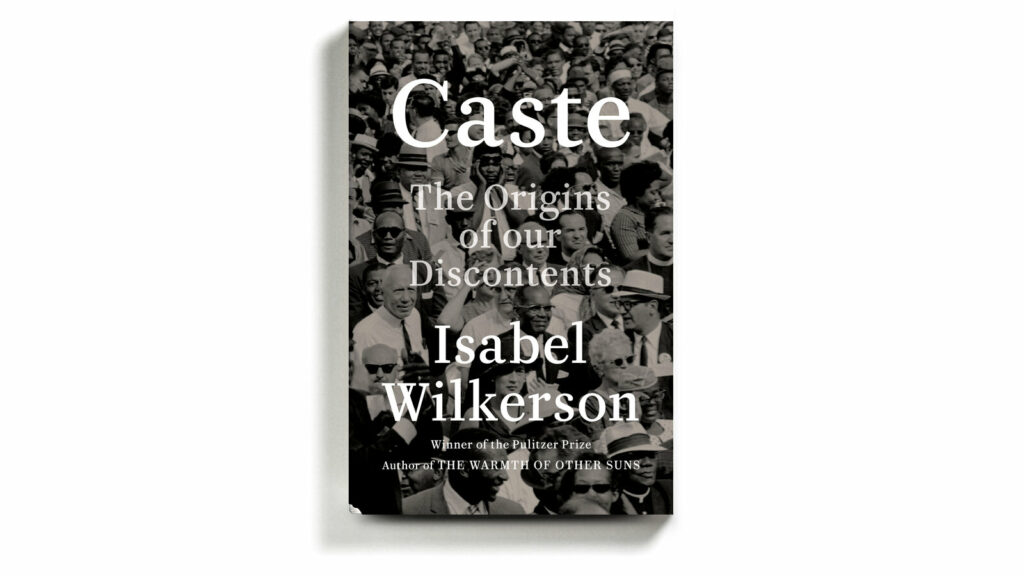
There is no escaping our responsibility as men because there is no escaping our male privilege. It is not about where you put your penis, or what colour it is, or how politely and consensually you introduce it to the world. The clue is that you have one. Men live in a system that has benefitted them at the expense of others. We can only repay that colossal, unearned privilege by actively challenging the system that created it.
This is not a call for any man to wear sackcloth and ashes. It’s a lot easier to see our disadvantage than our privilege, because we feel the pain of our disadvantage, and may never feel our privilege at all. In a caste system, privilege is an opioid. It has been in men’s bloodstreams since before we were born. I only became aware of mine when I reviewed my medication, and I can see that I will always have a problematic relationship with it. However I deal with my privilege, it will always be as a recovering addict.
Acknowledging our privilege (and the inextricability of our relationship with it) doesn’t mean men should slink away and hide. Quite the opposite. While I cannot escape my privilege, I can put it to work. Indeed, I will never really know how much my effectiveness as an activist came from respect for my queerness and how much came from unconscious deference to the white male educated baggage with which I sashayed confidently into every battle with the status quo.
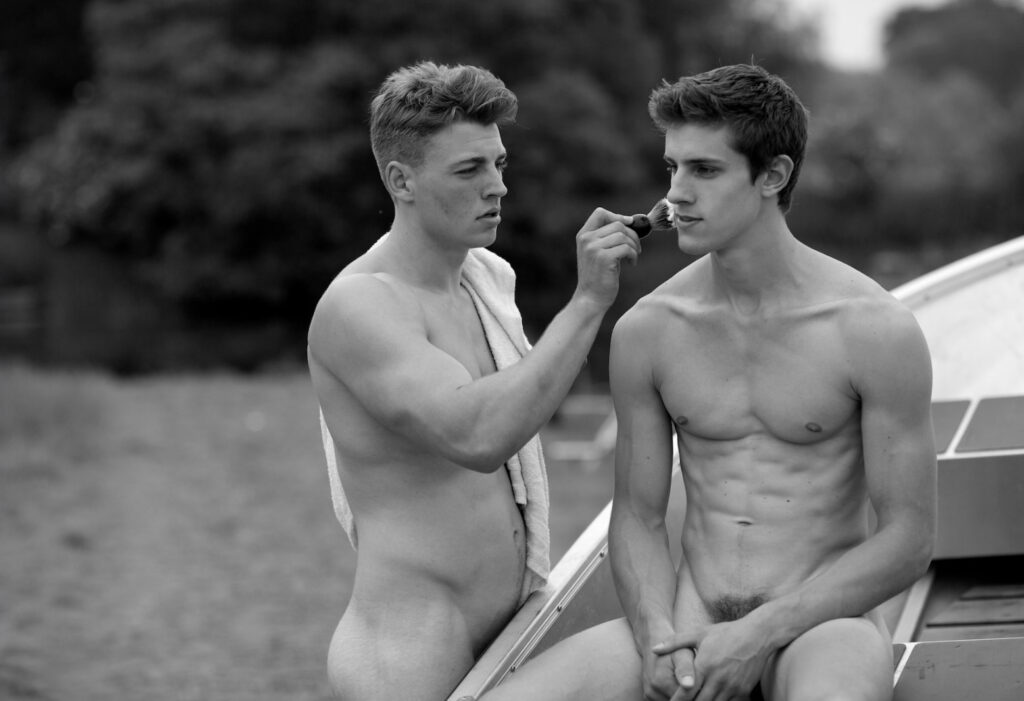
As someone whose focus is promoting healthier masculinities, I believe Gillette got it right. Men can do better – but as I’ve come to realise from my own experience, it may take a lifetime. Indeed it may take generations, but it starts with all of us who intersect with being male recognising how much we have benefitted from privilege throughout our lives, how inescapable our privilege remains, and how personally accountable we are for the debt we now owe as a result.
It is only by acknowledging our privilege as men that we can hope to escape a damaged version of masculinity that has poisoned the lives of many, including men themselves. We can find our own freedom by helping others to find theirs. This is what now drives my own work at the Worldwide Roar and I see the same aspiration at the heart of #YesAllMen.
Sarah Everard was entitled to expect a better deal from life than the one she got. Every man owes it to Sarah, to all other women and to everyone at risk from male violence to raise the bar for masculinity.
Men, it’s time for us to be the change the world needs to see.
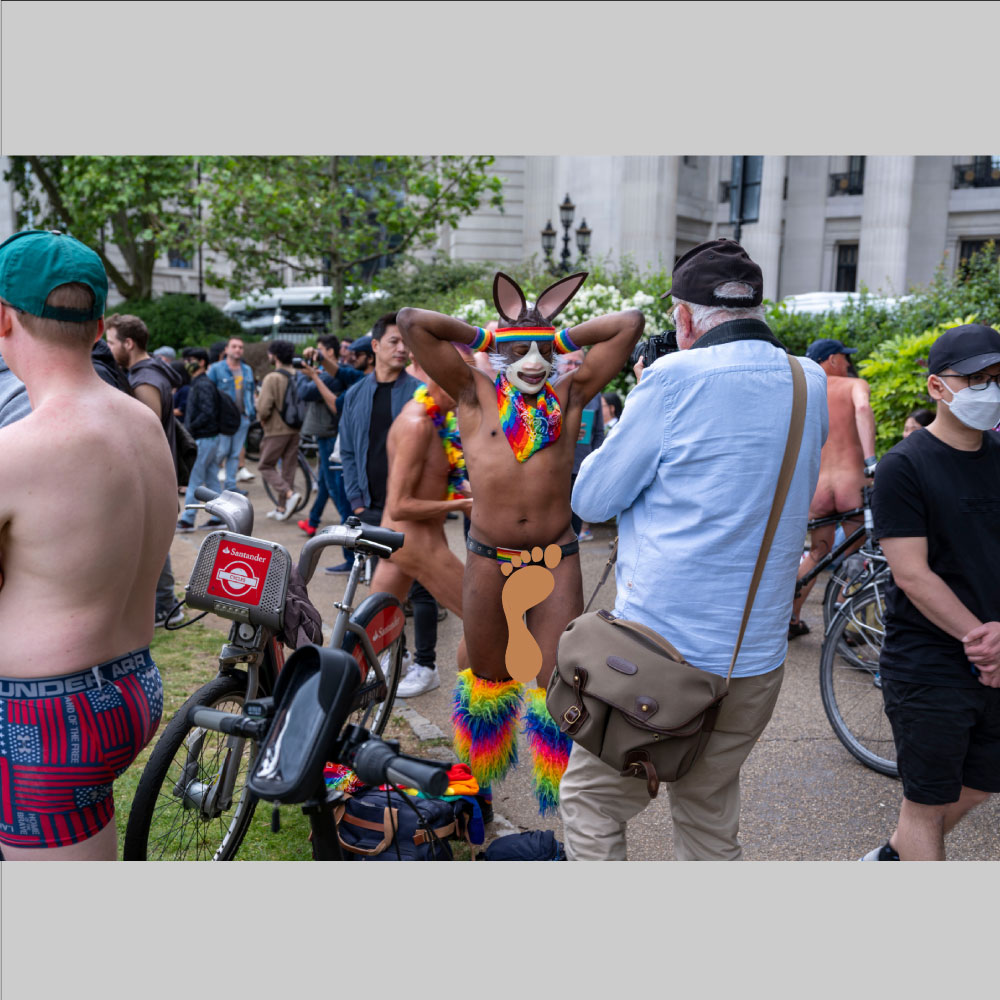
Barefoot Man is proud to be working with the World Naked Bike Ride (WNBR) in London on creating content about...…
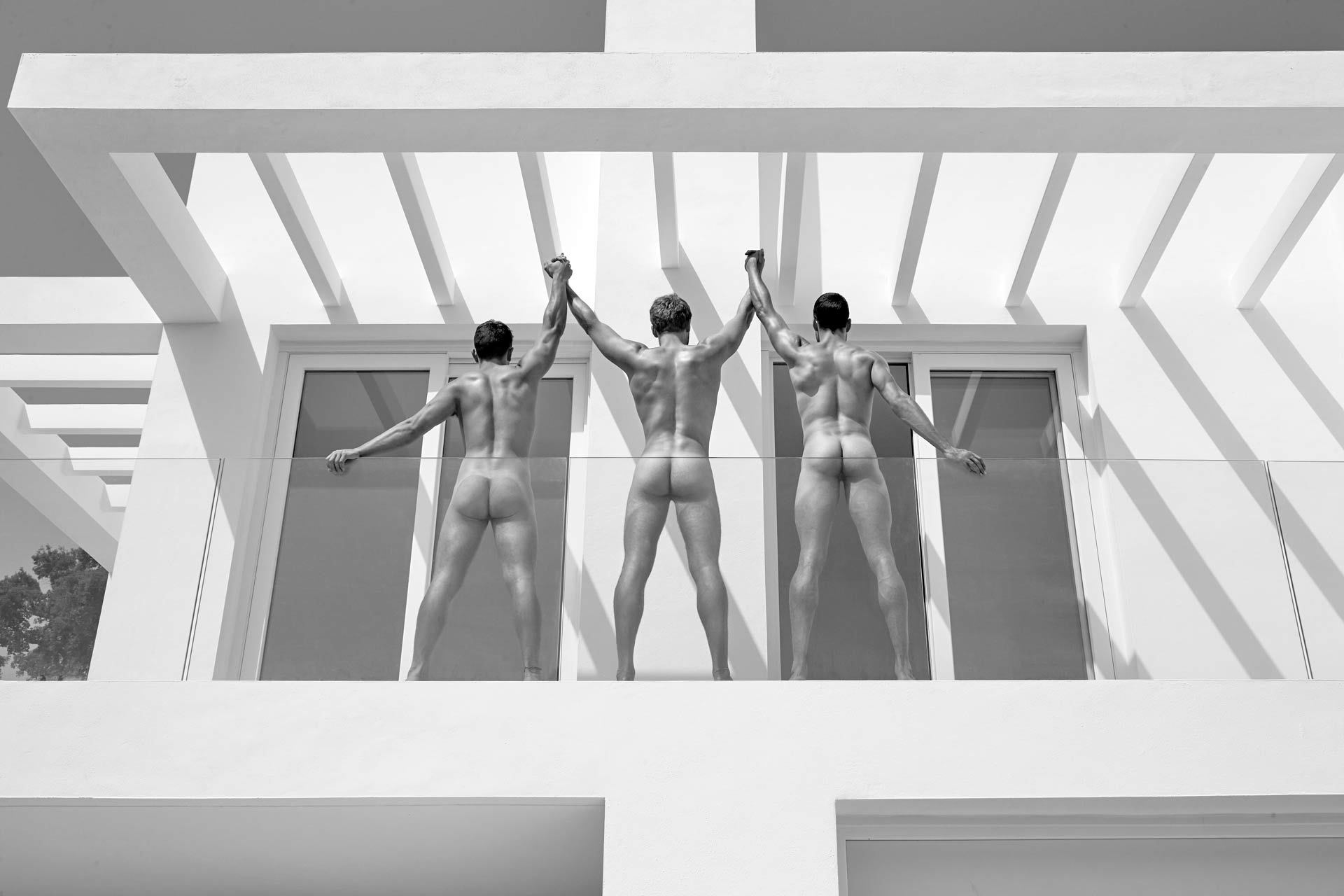
The Warwick Rowers began as a humble student calendar initiative, but over the years it has evolved into a much...…
You need to load content from reCAPTCHA to submit the form. Please note that doing so will share data with third-party providers.
More InformationYou need to load content from Turnstile to submit the form. Please note that doing so will share data with third-party providers.
More InformationYou need to load content from reCAPTCHA to submit the form. Please note that doing so will share data with third-party providers.
More Information